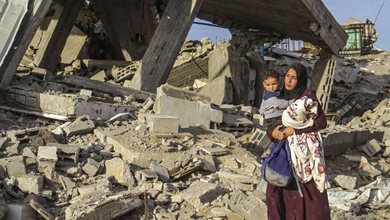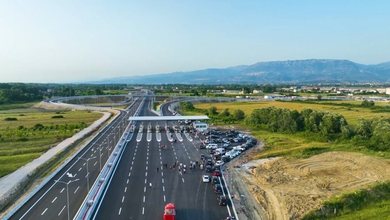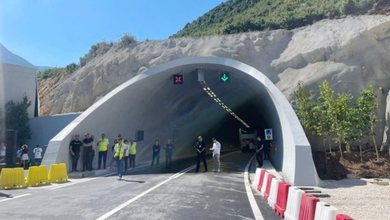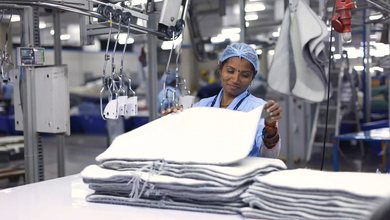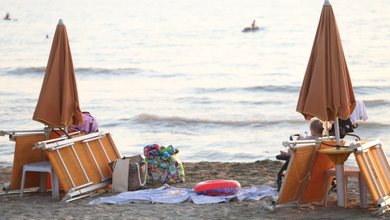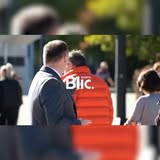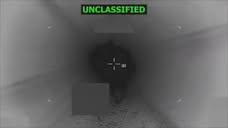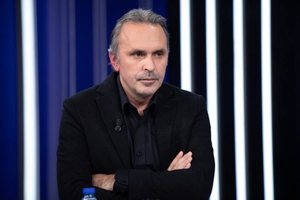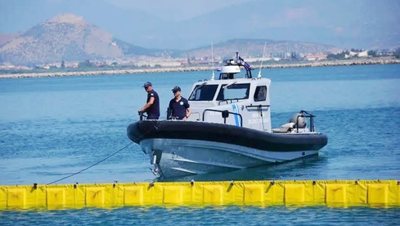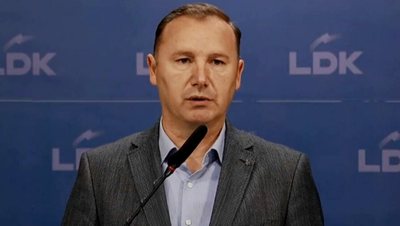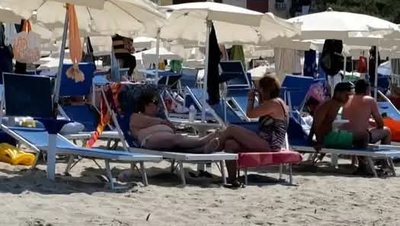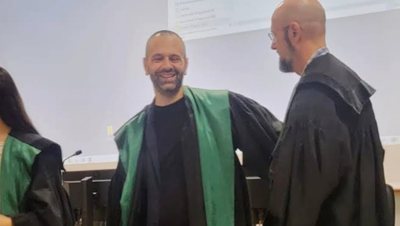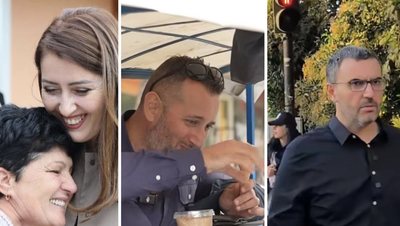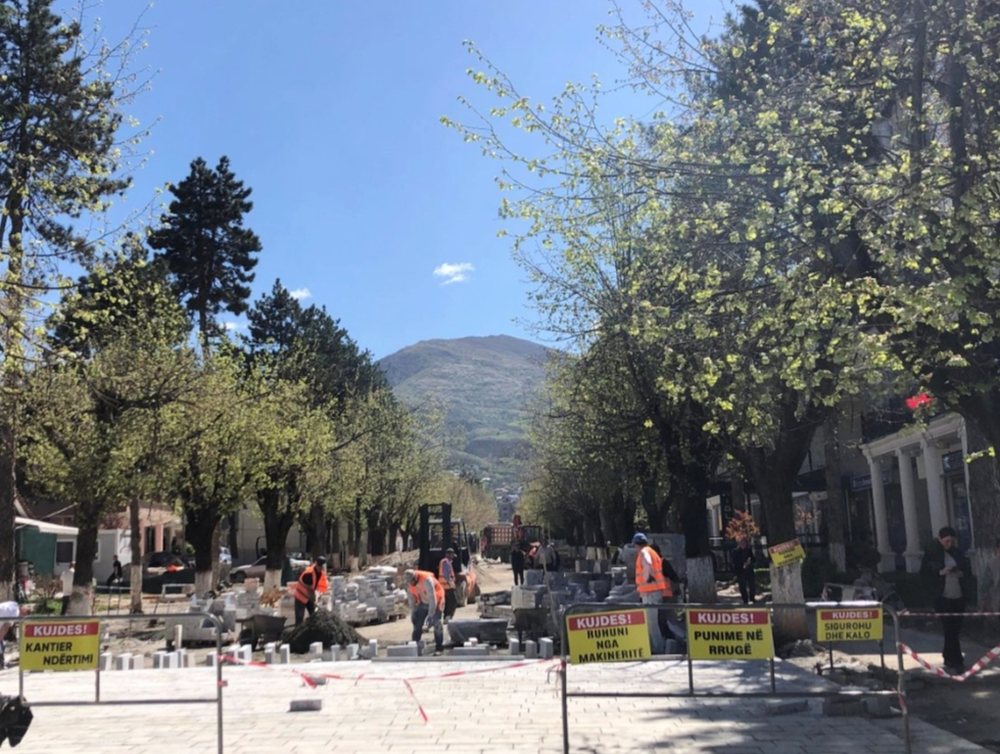
A few years after the Urban Renaissance project, the boulevard in the center of Peshkopia is being reconstructed from scratch due to the rapid degradation of the works, which according to local residents were carried out in the function of the electoral campaign.
"The boulevard was completely degraded, there was no other way," says a specialist from the Urban Planning Office in Dibër to justify the reconstruction of the "Elez Isufi" boulevard in the city center of Peshkopia.
"The intervention was forced," he adds, asking not to be quoted by name.
“Elez Isufi” Boulevard – a pedestrian area about 700 meters long in the center of Peshkopia, was once a street surrounded by the scent of linden trees. It was subjected to the Urban Renaissance project on the eve of the 2016 local elections, but the works deteriorated in the first winter, after the slabs cracked from frost and created holes along the entire boulevard.
The boulevard is one of five projects that the Dibra region won under the Urban Renaissance with a total value of 4.1 million euros. Separately, the reconstruction of the boulevard cost 105 million lek [848 thousand euros].
But despite the amount spent, the municipality of Dibra was forced to request a second fund of 182 million lek [1.8 million euros] to reconstruct the boulevard.
Works began in September 2024 and are expected to be completed within a year under the supervision of the Albanian Development Fund.
The Dibra municipality believes that the project will be successful this time, as "the tiles were taken from Korça", a city with similar weather conditions to Dibra, and will be resistant to frost.
But the residents of Peshkopia are skeptical.
“The first boulevard construction project was a project of destruction,” Qazim Zebi, a resident of Peshkopia, told BIRN.
According to him, the project was changed in the middle of the works, eliminating the construction of a fountain, while the pruning of the linden trees resulted in the lack of shade and the pleasant aroma that was appreciated by the citizens.
Fiqiri Doda, another resident of Peshkopia, emphasizes the waste of public money through substandard works.
"The squares that are built should have an average lifespan of at least 30-50 years and not be completely destroyed just 7-8 years after construction like ours," says Doda with disappointment.
"This new project has begun... To be honest, I believe it will be a success. It will end up like the first one," he added.
Dilaver Shehu links the investments of recent years to electoral campaigns and, according to him, this also explains the poor quality of the works.
"Look carefully, these are projects financed during electoral campaigns for parliamentary or local elections, simply and solely to attract the electorate, but also for financial gain," said Shehu, also suspicious of the new project.
Investments for electoral purposes are a long-standing phenomenon in transitional Albania, accompanied by misuse of public funds, low quality of works, and violation of citizens' trust.
Even before the parliamentary elections on May 11, electoral asphalt appeared in the municipalities of Mat and Dibra to influence the citizens' vote.
Haki Hoxha from Peshkopia does not believe that the new works on "Elez Isufi" Boulevard will have a different fate because of this reason.
“In short, the second project will end up like the first,” he told BIRN, adding: “these are investments on the eve of election campaigns that favor political forces during the elections.”
Reporter.al



